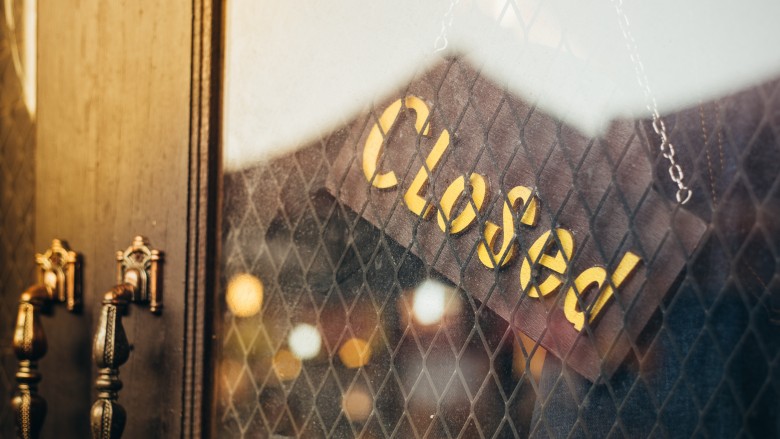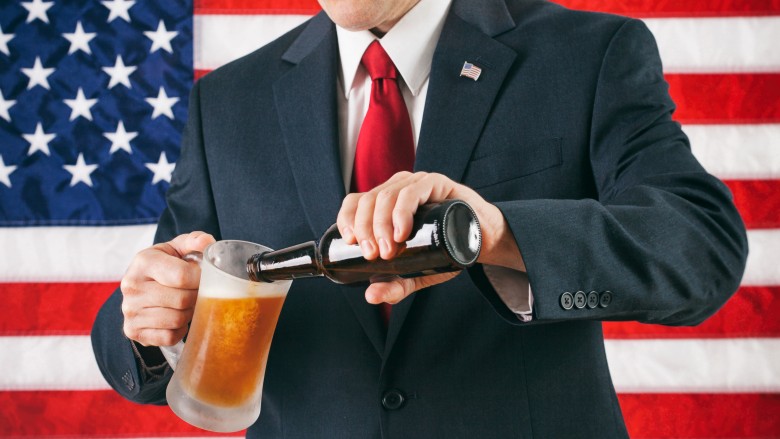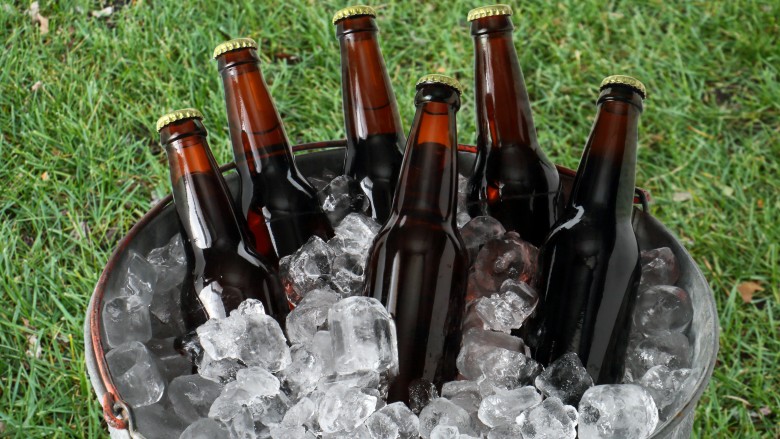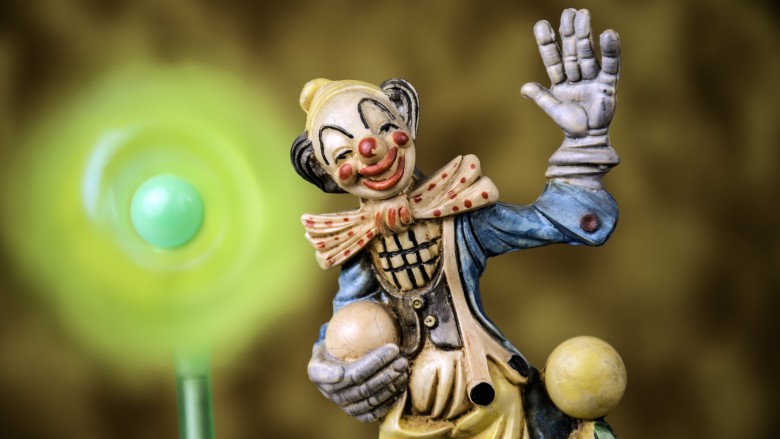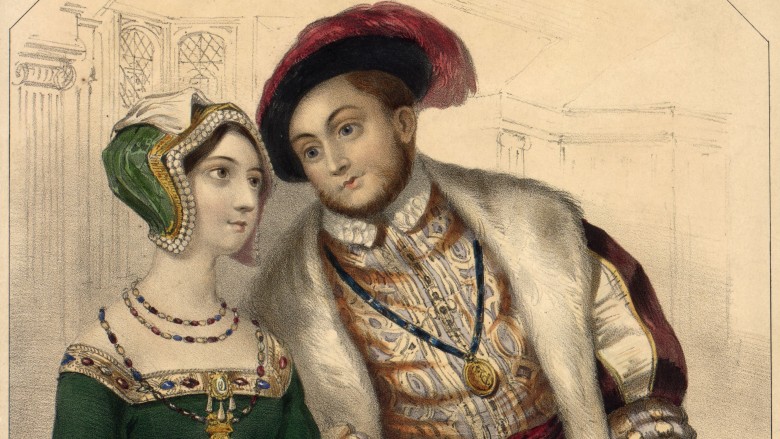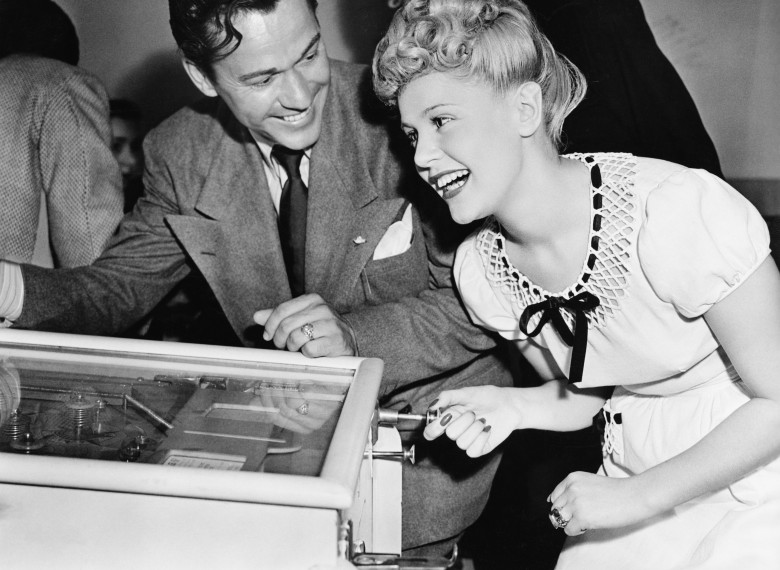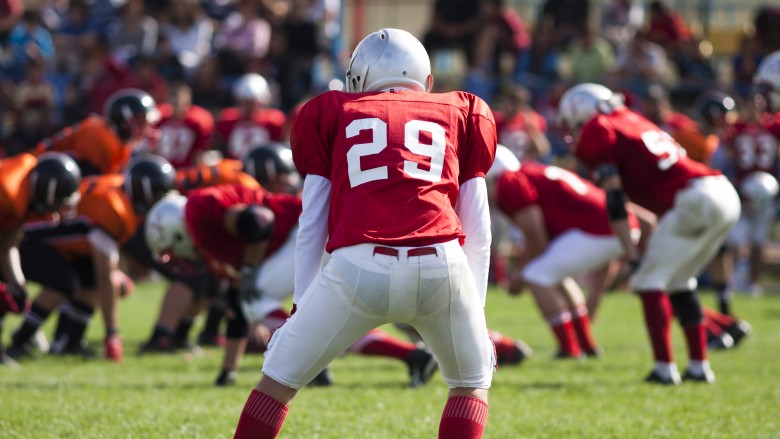Things That Were Somehow Once Illegal
America may be the land of the free, but that also gives us the freedom to make terrible laws. Thankfully a lot of the more ridiculous rules of the land have been repealed by now, but it's really amazing how many odd things were ruled illegal over the years. Now, we get to look back at all the laws that would have landed us all in jail if they were still around today.
Shopping on Sundays
On the seventh day God had finished creation, so He rested from all His work. He definitely didn't do any shopping. So, since God took a break on the Sabbath in the Bible, a lot of states thought we should do the same. But it wasn't just a recommendation from the church. It was the law.
Most states in the country used to outlaw shopping on Sundays. Businesses and restaurants had to keep closed for the Lord's day, no matter if workers wished to obey the Sabbath or not. This mandatory day of rest stuck around in a lot of places for more than a hundred years, though states started repealing the shopping laws in the 1980s.
Today, you can buy, buy, buy to your heart's content every day of the week in most of the nation, except for one hold out: Bergen County. You might not expect New Jersey to be the final place to enforce the Lord's day of rest, but Bergen county has held onto their no-business Sundays throughout the decades and may not change anytime soon, in case you needed another reason to skip visiting the state.
Drinking on election day
Several states still limit the sale of alcohol on Sundays, but usually that's it. But in Kentucky and a few others states, they felt there was another time that needed to be booze-free: Election Day. It was illegal to purchase any alcohol while the polls were open for general elections and primaries. So from 6am to 6pm, you had to go to the polls sober or make sure to stock up on liquor the night before.
The law isn't quite as egregious as it seems. Before Prohibition, political parties used to hand out free alcohol in exchange for votes. Half the time, voting took place in a saloon to just cut to the chase. Even "I cannot tell a lie" George Washington spent his entire campaign budget on liquor to hand out at the voting booth. This led to a lot of people getting wasted, which often led to violence. On an Election Day party in Kentucky, the Hatfields and McCoys faced off. Ellison Hatfield was shot once and stabbed almost 30 times by three McCoys. Suddenly the idea of giving a bunch of free booze to potentially dueling families didn't seem like a great idea.
After Prohibition, some states kept things dry on Election Day for years to come. Kentucky finally overturned the law in 2013. Thus far, there haven't been any more family stabbings at the polls, but the law's only been gone a few years. Just give it time.
Buy mini liquor bottles in Louisiana
In New Orleans, you can openly drink on the street, and there's a time of year where it's considered rude not to show your breasts to strangers who give you dollar store beads. But that doesn't mean it's a state without a couple of odd laws. In fact, until very recently, you weren't allowed to buy a mini bottle of liquor in the state.
Louisiana made it illegal to buy or sell 100 ml bottles of booze. Why? Mostly because liquor laws are confusing, not that they wanted to punish flight attendants who snuck a couple of airplane bottles home. In 2014, the bill to legalize tiny bottles passed without a single vote against it. It's sweet to see that in a nation as divided as ours, at least we can all agree every American deserves to buy whatever size liquor bottle they please.
Selling cold beer in Mississippi
It's a hot summer's day. You've worked hard all week, and all you want to do is stop by the store, get an ice cold beer, and start to enjoy your weekend. Well, unless you want to begin your break by committing a crime, this used to be an impossible task in Mississippi.
In Mississippi, it was illegal to sell cold beer at a store. You could sell it at room temperature, but pop it in the fridge, and you'd be a criminal. If you were at a restaurant, buying a cold beer was perfectly fine (except for Sundays, when all alcohol sales were banned).
Oxford, Mississippi, led a war against beer for years. During World War II, sailors wound up drinking beer and peeing all over the public streets, so the city outlawed beer completely. If you visited Oxford before 1972, you couldn't get a brew at any temperature. But the city felt they could trust people to stop treating the town like a public toilet, so beer was legalized, but you had to sell it warm so people wouldn't chug a cold six-pack in the car on the drive home. Forcing beer buyers to get to a location where the drink could be cooled was a way to prevent drunk driving.
Now, Mississippi is loosening up even more, and cold beer can be sold statewide. Hopefully, that won't lead to a rash of street peeing and DUIs.
Golfing or going to the circus on Sunday
New York State wanted to keep rigid blue laws (laws that ban work and other activities on Sundays) mostly so that the immoral influence of New York City couldn't bleed through the whole state. They started by abolishing pretty much everything on Sundays. If it involved you doing more than eating at home and going to church, it was against the law. But slowly, the state came around and became less severe with their Sunday restrictions.
But two things that remained off limits on the Lord's day were the sinful acts of golfing or going to the circus. It might seem strange that a sport that mostly involves walking around with rich people would be looked down upon by the law, but it was considered a violation of the Sabbath. The circus may have been outlawed just give parents an excuse to not have to watch creepy clowns on their one day off from work. In 1952, the state relaxed the laws, and everyone was welcome to golf or visit the circus on any day of the week. The downside is that there's now no escape from clowns. Their visage can haunt at any time.
Embellishing the National Anthem
In Michigan, they don't need your fancy vocal stylings for the National Anthem. They want the song sung straight and to the point. Their love of the anthem became law when the made it illegal to ever embellish "The Star-Spangled Banner." If you wanted to put the anthem into a medley, you'd be committing a misdemeanor. Thankfully, remixes weren't around when the law was passed because that would surely warrant jail time.
In 2015, this law was repealed. It's for the best, since nearly every vocalist performing the anthem goes out of their way to add ten minutes of riffs to our national tune. Imagine if Roseanne sang it in Michigan. Her various embellishments might have caused the law book to literally explode.
Criticizing Henry VIII's marriage
Henry VIII isn't just a Herman's Hermits song: he was a king that loved getting new wives. He made the country split from the Pope just so he could start a non-Pope version of the Church of England that would grant him a divorce.
Henry must have been a little touchy about it because it was against the law in the United Kingdom to criticize his marriage to second wife Anne Boleyn. So, if a comedian had a killer six-fingered lady joke, they had to keep it to themselves so that they wouldn't be lawbreakers.
Pinball
At first, pinball was just a game of chance. There were no flippers, so you put in your coin, watched the ball bounce about, and hoped lady luck was on your side. People started betting on games and winning prizes, so it was seen as a form of gambling.
During World War II, the movement against pinball grew stronger as now the machines were a waste of valuable materials that could go to killing Nazis. That's not an exaggeration. Mayor of New York Fiorello LaGuardia said that it's "infinitely preferable that the metal in these evil contraptions be manufactured into arms and bullets that can destroy our foreign enemies." So, they literally thought it was better to kill someone than play pinball.
The arcade game was banned in New York 1942, and police confiscated 2,000 evil machines. Other cities followed suit, so pinball became a rebel's game. Leather jackets, constant smoking, and pinball skills were the signs of a real badass.
By 1974, the California Supreme Court ruled that flipper pinball was a game of skill, which severed its ties to gambling. Since then, pinball has been a perfectly acceptable pastime. If only LaGuardia could have seen what video games would become. Grand Theft Auto probably would have killed him.
Football on Sundays
Sundays and football go hand in hand. It's practically un-American to imagine a world where football didn't exist on the weekend. But football was something, and since most anything wasn't allowed on Sundays, that made football illegal on the Sabbath.
Pennsylvania was especially tough on the game, since they were more lenient with the ban for another sport. All sporting events were off-limits in the state until 1931, but they made a special exception for baseball. So, you could watch the home team hit a home run on Sundays, but leave the pigskin at home unless you want to be a criminal.
Once the sports door was opened by baseball, the all-sports ban didn't last long. By 1933, football was allowed on the seventh day, and now, most Sundays are for drinking beer, eating chips, and yelling at players you have no control over.
Dancing
Footloose was real, people! It's true. Footloose was based on Elmore City, Oklahoma, and though the sin of dance was made acceptable by someone probably less cute than Kevin Bacon, dancing really was illegal. And that's far from the only place that outlawed the art of dance.
Baylor University didn't allow dancing till 1996, and Henryetta, Oklahoma, only let people boogie down within 500 feet of a church or school in 2017. Wow, Oklahoma really hates dancing. They must be so pissed at Rogers and Hammerstein.
In Japan, they banned dancing after World War II because dancehalls became the primo place to pick up a prostitute. Dancing inside any locale without a "dancing license" was against the law until 2015, when the nation probably realized dancing was the least troublesome thing about a nightclub. So the next time you're busting a move, know that many people got charged with misdemeanors and fines so you'd have the right to dance with freedom. Thank you, Kevin Bacons of the world. We dance for you.

